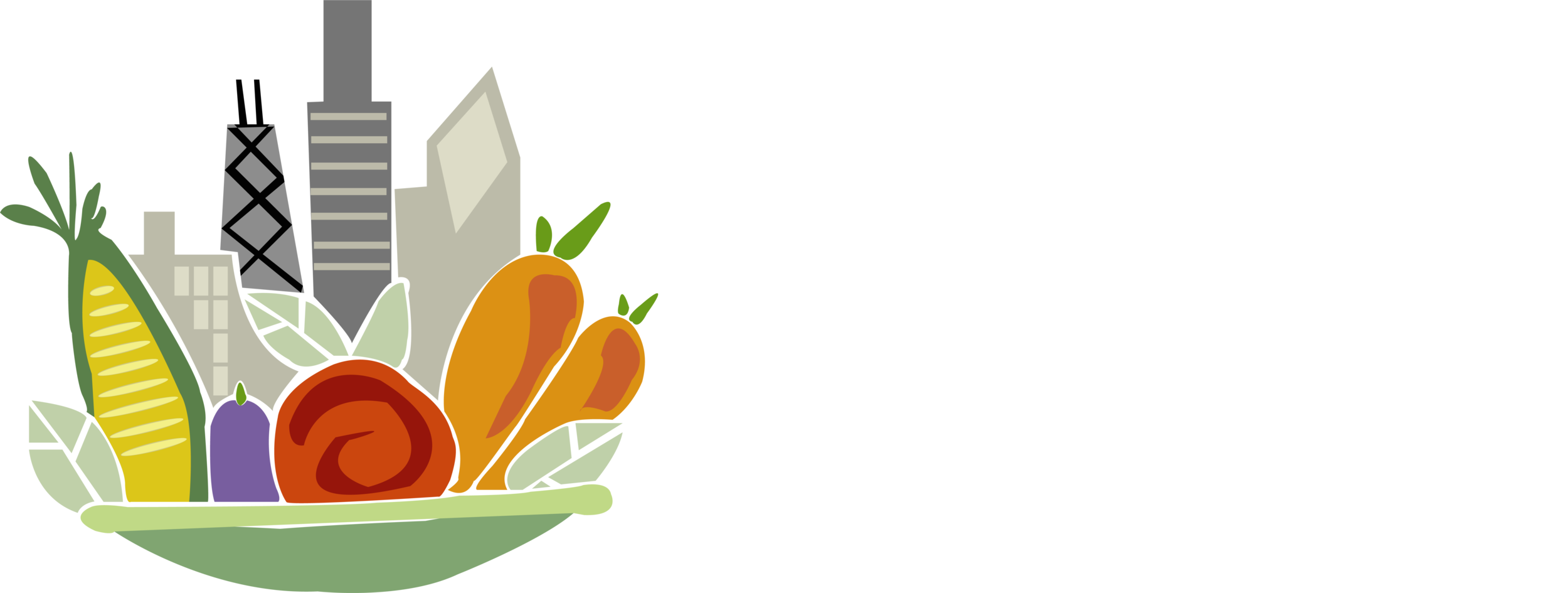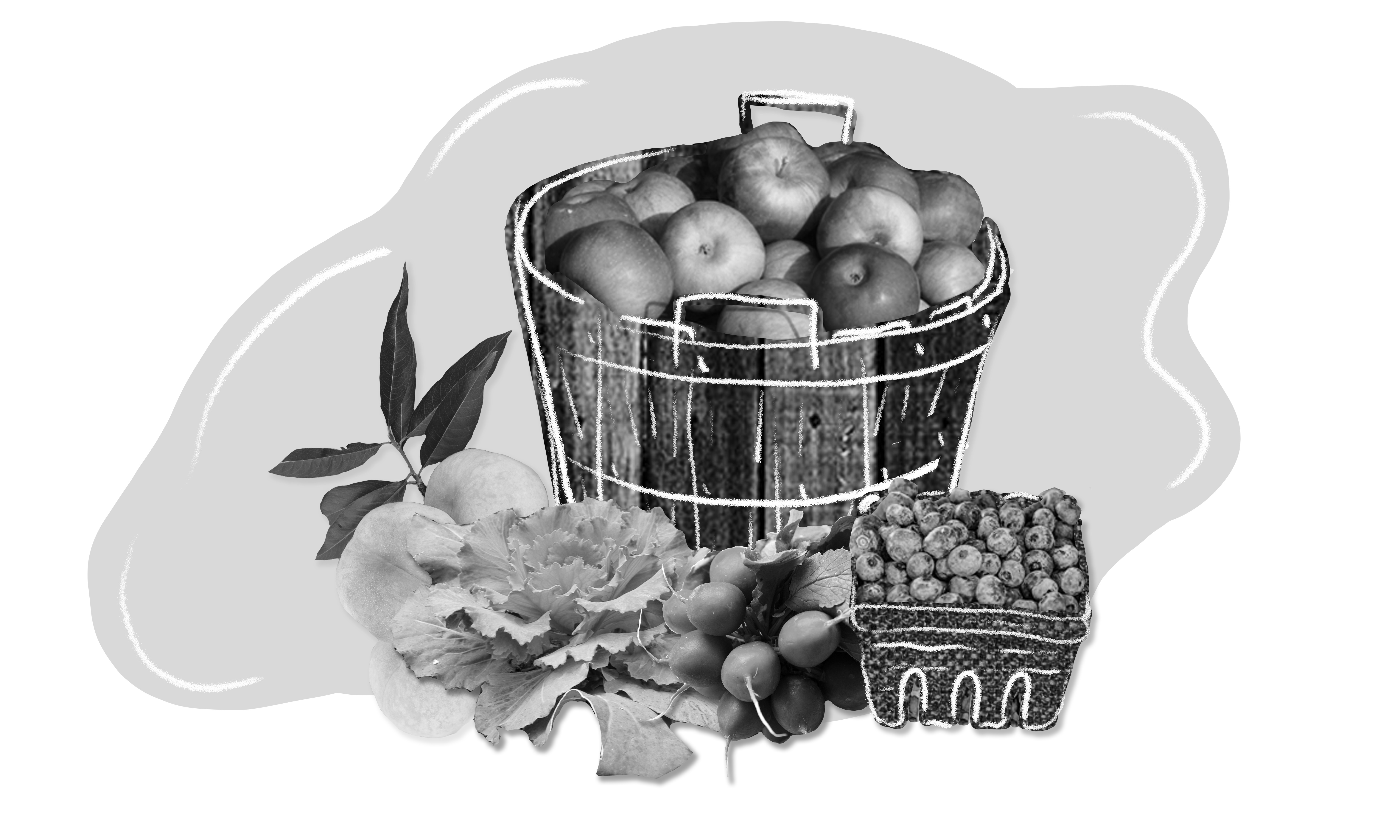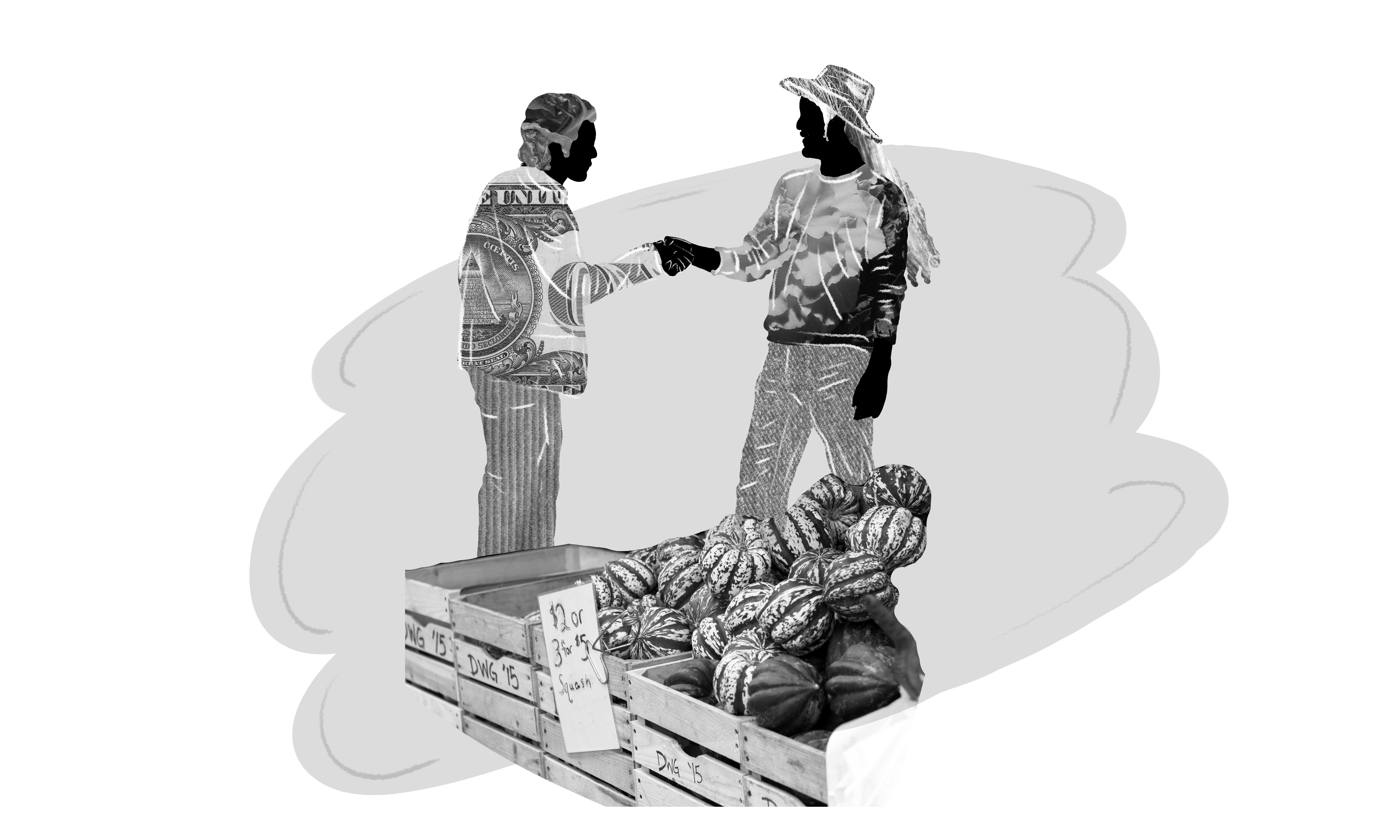Overview of GFPP Adoption in Chicago and Cook County
City of Chicago:
In 2017, Chicago adopted the Good Food Purchasing Policy (GFPP), leveraging more than $100 million in government food procurement to advance a healthier, more equitable food system. The policy directs City of Chicago departments and sister agencies to assess their current food spend and to create Good Food Action Plans to increase their healthy, sustainable, local, and fair purchasing.
The City of Chicago was the first city after Los Angeles to take the bold move of comprehensively adopting GFPP for all city-run programs that procure food. In partnership with the Mayor’s Office Food Equity Council, the Chicago Department of Public Health coordinates the Chicago Good Food Task Force, which includes representatives from all departments and sister agencies that purchase food. For a list of all City of Chicago public institutions that run nutrition programs, concessions, or food-related special events, please visit PT II: Metro Chicago Institutions Adopting Good Food Standards.
Cook County:
Cook County became the third local government in the U.S. to approve a resolution promoting the Good Food Purchasing Program (GFPP) in May 2018. Cook County's resolution emphasizes purchasing food from business owners of color and/or from low- to moderate-income communities to build economic sustainability for all. Over time, food service vendors that supply food to Cook County government sites will meet higher Good Food Standards in each value category.
All Cook County institutions that procure food, in addition to partner organizations related to GFPP’s core values, are members of the Cook County Good Food Task Force, which is coordinated by the Cook County Department of Public Health. For a list of all Cook County public institutions that run nutrition programs, concessions, or food-related special events, please visit PT II: Metro Chicago Institutions Adopting Good Food Standards. [insert link to webpage]
Other Local Institutional GFPP Adoption:
The Good Food Purchasing Initiative is working with other local community institutions, like hospitals and colleges, to explore good food purchasing strategies and adopt their own GFPP policies. In 2021, the Chicago Food Policy Action Council and Illinois Public Health Institute’s Alliance for Health Equity, in collaboration with Health Care Without Harm and Basil’s Harvest, launched the Good Food in Healthcare Cohort of seven local hospital systems who are exploring good food purchasing strategies. The Good Food Purchasing Initiative is also working with the South Metropolitan Higher Education Consortium to explore policy adoption with their member colleges. Do you work for a local Chicago metro area institution that wants to join the Good Food Purchasing Initiative? Please contact us to learn more on how to get involved!
National GFPP Adoption:
School districts, municipal governments, hospitals, universities, and other institutions are passing Good Food Purchasing Policies all across the country. As of 2021, 57 institutions in 24 cities were enrolled in the Good Food Purchasing Program, representing over $1 billion in annual food spend. To learn more about other jurisdictions and anchor institutions that have adopted GFPP nationally, please visit the Center for Good Food Purchasing’s Good Food Cities website.
















